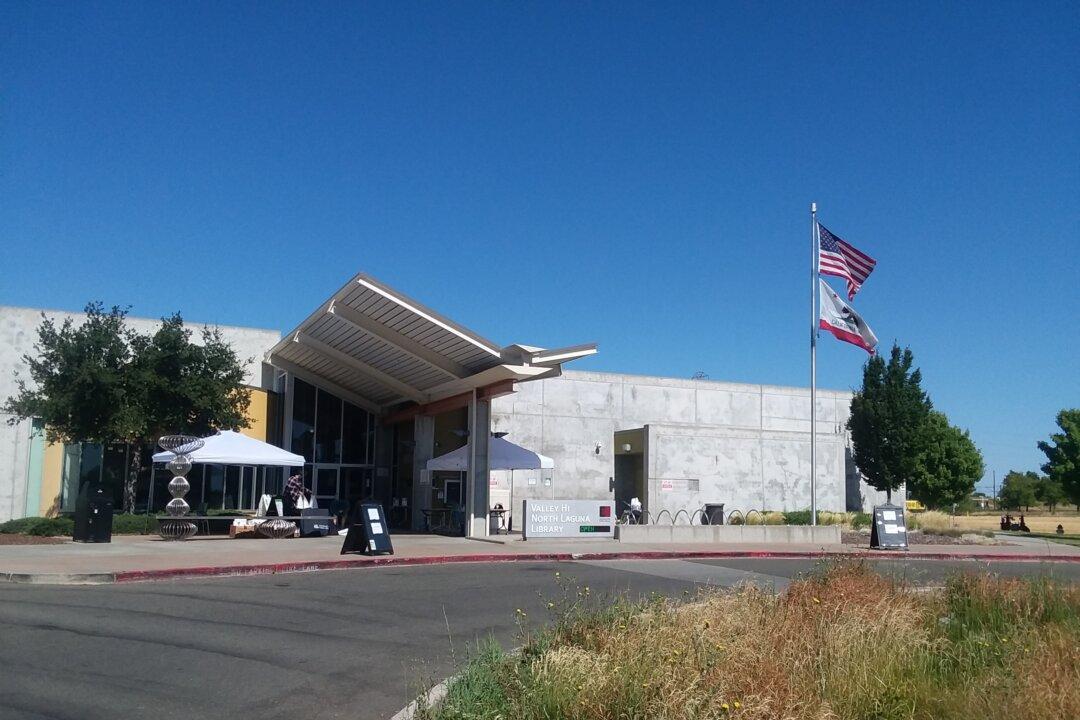Perhaps it would be best to restate: Vercingetorix wasn’t French, because France didn’t exist in his time. Vercingetorix was Gaulois, an Avernian chieftain hailing from the city of Gergovia. His father had been put to death by the Romans for his efforts to unite and rule Gaul, a territory that approximates the area governed by France today.
Before the expansion of the Romans into their territory, the people that lived in Gaul were organized into tribes and had no unified government. But as those like Vercingetorix and his father responded to the Gauloises’ desire to retain independence, they recognized that this would not be accomplished independently. When Vercingetorix’s father was executed, Vercingetorix decided he must try to complete what his father had failed to do—with as much of Gaul as he could unite behind him.
The name of Vercingetorix’s primary enemy, Julius Caesar, has reached modern American ears much more easily than Vercingetorix’s. When Vercingetorix began his campaign 52 BC, he did so precisely because he believed that Julius Caesar would be preoccupied with problems in other regions. He was able to procure several victories for his people by continuing to think strategically and use wisely the resources he had. However, Caesar’s men were in the end too numerous at several decisive battles.
Vercingetorix’s last stand was at Alesia, a southern Gaulish city and hill fort belonging to the Mandubii tribe. Recognizable Roman names involved in this battle include Julius Caesar, who commanded Roman troops, and cavalry commander Mark Antony. Although the city was too well-defended for the Romans to risk an outright battle against it, they were able to win by besieging the city and waiting the Gauls out. Vercingetorix was finally forced to come out and surrender by placing his weapons and armor at Caesar’s feet.
Some stories tell about the flourish with which Vercingetorix surrendered, showing that he had still retained his dignity and self-respect. Caesar’s account disputes this. In either case, this was the last major stand for the Gauls, and the region definitively became a province of Rome. Vercingetorix was brought back to Rome as a prisoner and executed some five or so years later in 46 BC after a public display.
Today, Vercingetorix is remembered as an icon of the Gaulish spirit, which is one of independence and dignity. Authors and artists have brought him back in episodes of the comic book Asterix and Obelix, computer games such as Civilization IV, Praetorians, and Age of Empires, the 2001 film Vercingetorix: la legende du druide roi which was released as Druids in English, and books such as Conn Iggulden’s Emperor: The field of swords, to name a few.
The value the Gaulish people as a whole saw in their ways and in their independence from the Romans has not been lost on modern French society either, and advertisers, businesses, and others have capitalized on that. In France, Le Gaulois is a brand of chicken, and Gauloises is a brand of French cigarettes. Nos Ancetres les Gaulois (Our Ancesters the Gauls), a restaurant near the center of Paris, chose its name to evoke another era—one that would be attractive to its customers…The list goes on, a testament to the French people’s elephant’s memory when they recognize something to which they can relate.



